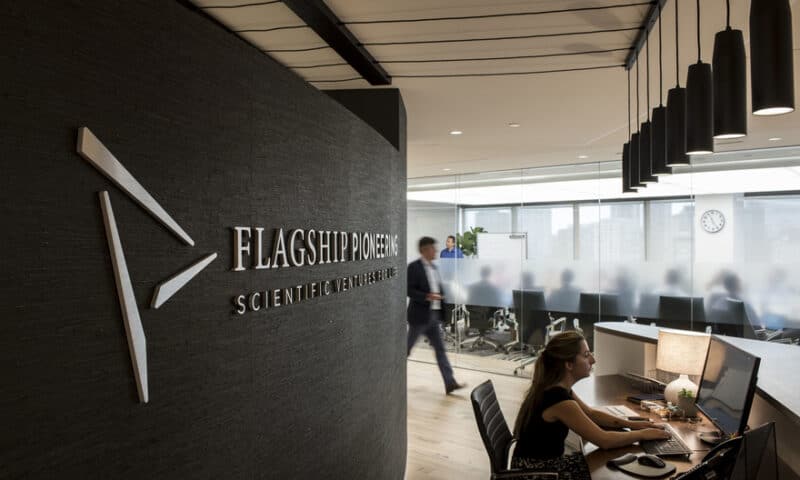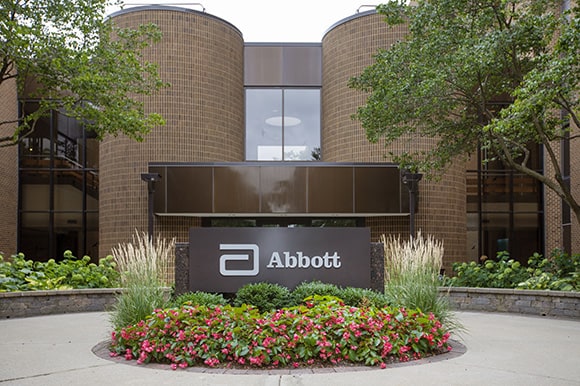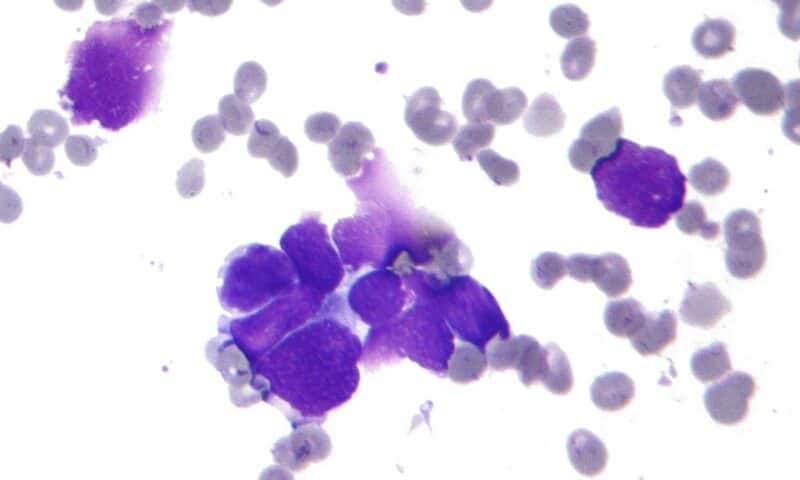Illumina to pay $8B to reacquire cancer blood test maker Grail, with all eyes on 2021
Illumina will put down a total of $8 billion to reacquire its former spinout Grail, which, after nearly five years on its own, is nearing completion of a simple blood test capable of detecting 50 different cancers in their earliest stages.




















